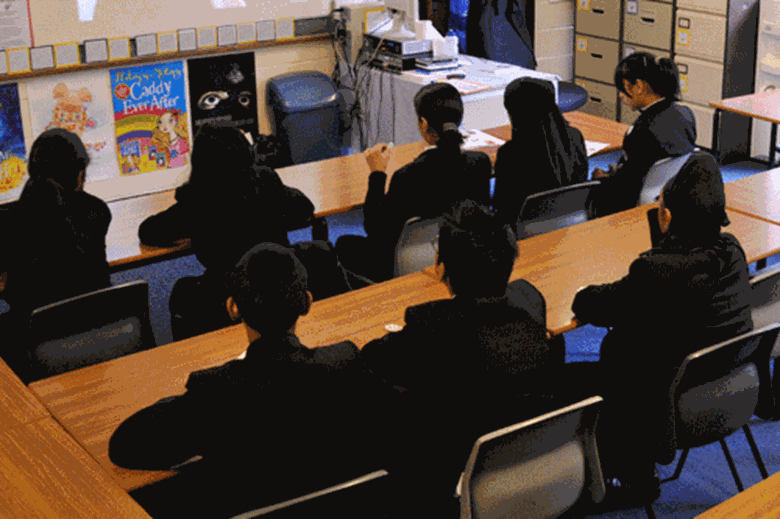Government dismisses MPs' concerns over 'Trojan Horse' scandal
Jess Brown
Monday, June 29, 2015
The government has rejected concerns raised by a powerful group of MPs about how it dealt with the Trojan Horse scandal involving several schools in Birmingham.

Responding to a report by the education select committee that criticised the Department for Education's “lack of inquisitiveness” to issues around extremism in schools prior to the receipt of an anonymously written letter in 2014, the government dismissed the committee's claims.
"On receipt of the ‘Trojan Horse’ document in December 2013, the DfE took immediate action; contacting police and the local authority, undertaking investigative research and assessing the possibility that these behaviours may have spread to other schools and individuals mentioned in the original document," the government response states.
"Rather than 'being slow to take an active interest', the department actively pursued the concerns."
The response also stated that government understanding of the issue has increased.
"The DfE has considerably increased its understanding of the challenge of extremism, and its capacity to monitor it and help schools to respond to it in the past few years," the response states.
"The risk of young people being radicalised or drawn into terrorism has risen.
"ISIL [Islamic State of Iraq and the Levant] and others are using social media to radicalise and recruit young people, and young people form a growing proportion of those travelling to Syria and Iraq.
"Events in Birmingham have shown risks that can be present within our schools."
Separate inquiries into the Trojan Horse affair were conducted by the DfE, Ofsted, Birmingham City Council and the Education Funding Agency.
The select committee’s report said that this lack of co-ordination had led to “overlapping inquiries” and a “sense of crisis and confusion” that was “far from helpful”.
Its report called for the DfE to ensure that this “needless” duplication did not happen again, and to collate all of the recommendations and respond.
The government’s response said that while there was some overlap with different bodies looking at some of the same schools, “there was no needless duplication”.
Young people were left vulnerable to extremist ideologies, it said, so it was “only right” that a number of bodies carried out reviews to “determine what each could have taken to act on this issue”, it said.




